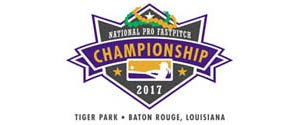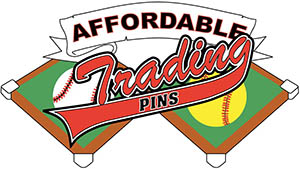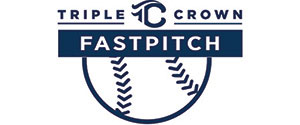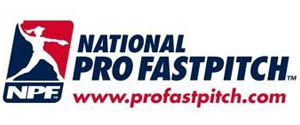UmpSteve wrote:R1 on 2nd, R2 on 1st with 1 out. B4 singles, R1 scores, R2 misses 2nd on way to 3rd, throw is cut off, and B4 tagged out for 2nd out. Defense appeals R2 misses 2nd, and believes the run should come off the board because R2 was forced to 2nd. Correct ruling; R2 out on appeal, but the run DOES score, once B4 (any batter-runner or any trailing runner) was put out, the force play was removed, so the appeal then became a timing play.
Also have had a variation on yours; bases loaded, 1 out, fly to deep right, all runners take off. Ball caught, R1 tags and scores, R2 tags, goes to third, R3 was past 2nd when ball was caught, and the appeal was that the runner from 1st didn't retag 2nd on the way back, and THAT, they claimed, was a force because 1) she was "forced" to retouch, and 2) they only had to tag the bag on appeal (which they did on a dead ball appeal, when they only had to have an infielder verbalize the appeal).
And then the inverse force play; with two outs and bases loaded, batter hit ball to F5. Third base coach has the runner headed to 3rd back up to delay the tag until the runner from 3rd touched the plate, then was tagged. According to this coach, the run scored, because the infielder tagged the runner, which everyone knows isn't a force play. He ended the conversation by asking what was the point of having the runner back up, then; and was astonished to be told there was no point at all, but he could keep doing it if he liked, as long as he didn't expect a run to score.
I'm not surprised by the first one because the sentence governing it isn't known and understood by very many people -
On an appeal play, the force out is determined when the appeal is made, not when the infraction occurred.
The last one is very basic and they should know better.





























